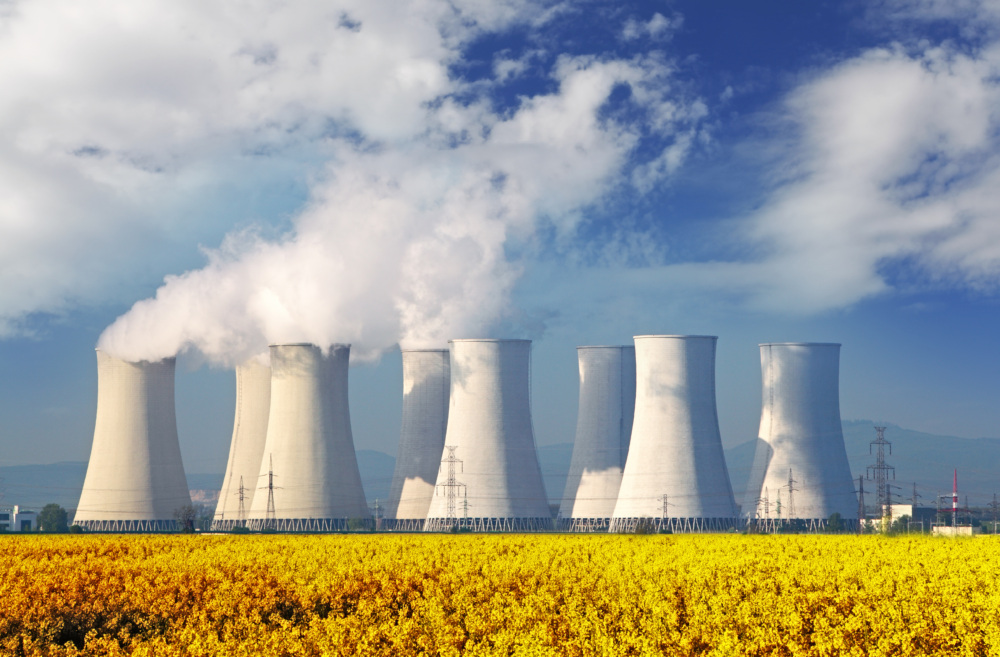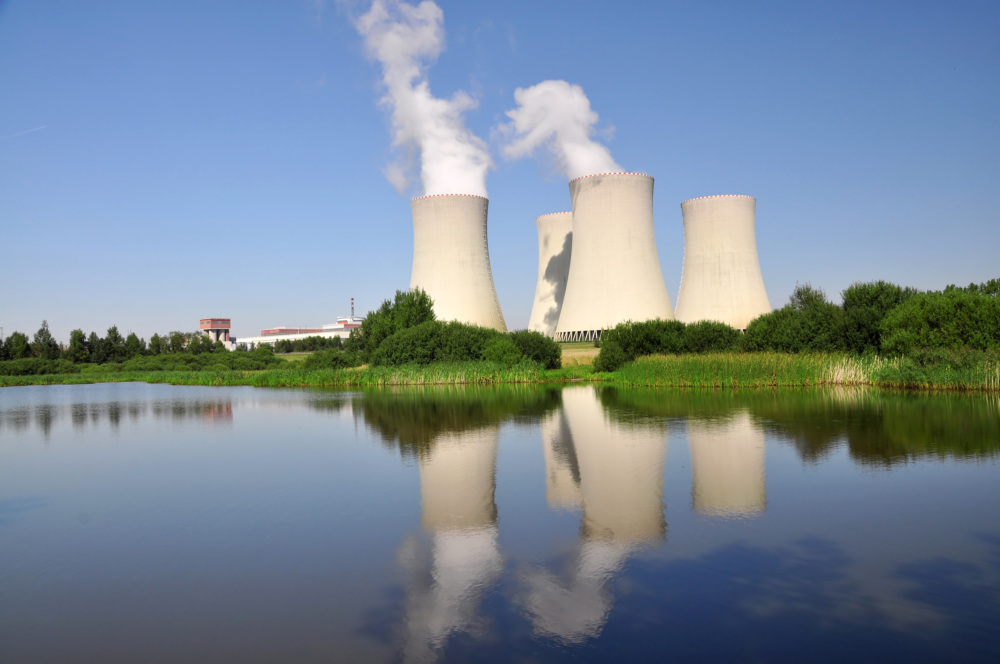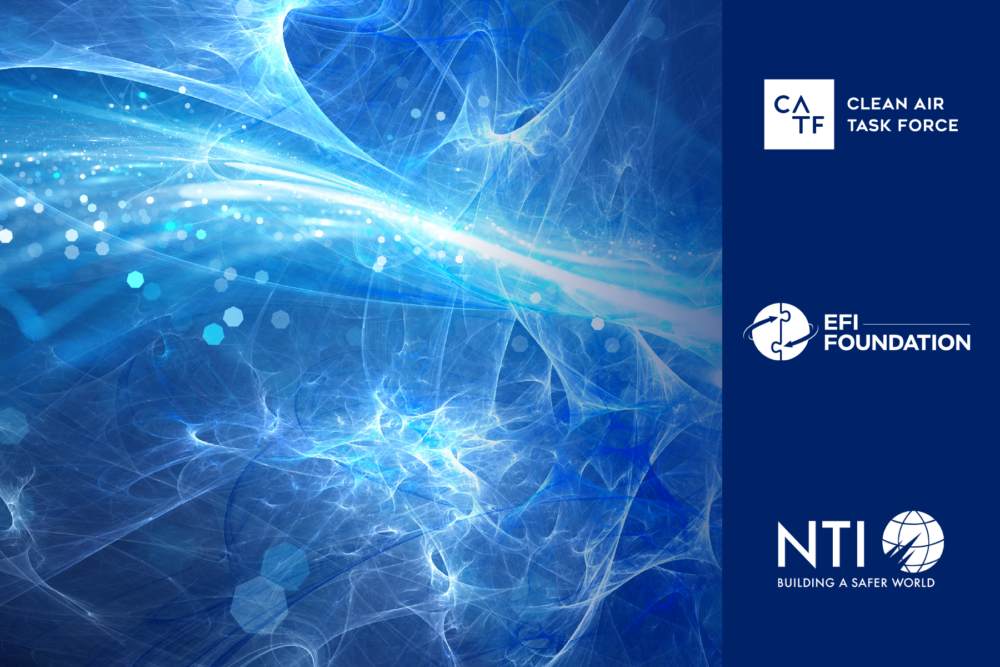
Ernest J. Moniz
Co-Chair and Chief Executive Officer, NTI
In a piece for The Boston Globe, NTI Co-Chair and CEO Ernest J. Moniz and Clean Air Task Force Executive Director Armond Cohen examine what it will take to meet the pledge that a number of countries and companies made at COP28 to triple nuclear energy by 2050. To achieve this ambitious goal, the authors argue that there needs to be a new approach to building, regulating, and financing nuclear technology.
Moniz and Cohen write:
“Nuclear energy was an unexpected winner at COP28, the United Nations global climate conference that recently concluded in the United Arab Emirates. More than 24 countries, including the United States, and 120 companies committed to tripling nuclear energy by 2050 as an essential part of mitigating climate change. The principal goal is carbon-free energy available 24/7 as an essential complement to variable wind and solar electricity. After years of skepticism, there is growing political momentum for nuclear energy, but if countries follow the current model of plant construction, they will not get where they have pledged to go. The world needs a new strategy for nuclear energy deployment that furthers climate goals, enhances grid reliability, and ensures that achieving energy security doesn’t erode global security.
To make good on the COP pledge, accounting for a ramp-up time, the world will soon need to build the equivalent of about 50 large nuclear power reactors per year until 2050. This is two-thirds more than were built at nuclear power’s peak in the early 1980s, and the current pace of construction is well short of that.”
Read the full piece in The Boston Globe.
Sign up for our newsletter to get the latest on nuclear and biological threats.
At this critical juncture for action on climate change and energy security, 20 NGOs from around the globe jointly call for the efficient and responsible expansion of nuclear energy and advance six key principles for doing so.
The Playbook emphasizes the need for a holistic approach to scaling nuclear energy, considering the unique challenges and opportunities specific to each country, and highlights the role that new international institutions could play in supporting a global nuclear expansion.
The NTI Index is recognized as the premier resource and tool for evaluating global nuclear and radiological security.



